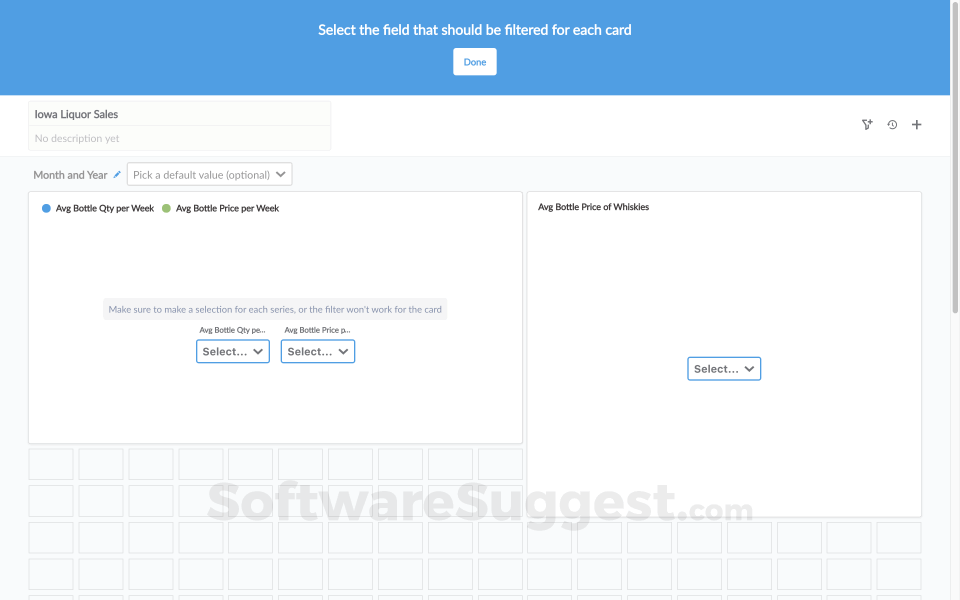

That brings us to today, and we are happy to deliver an open source Pulumi Package for running Metabase on AWS ECS. Unfortunately, this was before we had developed Pulumi Packages and the Component was only available within the program itself. To accomplish the task of provisioning all the required resources, the team wrote a Pulumi Component to encapsulate all the complexity and provide a simple interface for provisioning and updating the service. In addition to running the Docker Image, we also needed to provision a database so that Metabase could store the relevant data it needs to run the service. We were already running our SaaS service on ECS, so naturally, we opted to go with the Docker approach. To run the service yourself, Metabase provides you with two options: a Docker Image or a. Once we settled on our business intelligence tool it was time to wire it up and start living that sweet data-driven lifestyle. The main difference between the two is that with Open Source you have to manage the infrastructure yourself, whereas with Enterprise, Metabase will manage the infrastructure for you for a fee. Metabase provides you with two options to run Metabase in production, Open Source (self-managed) and Enterprise (managed). You can however drop into a query editor at any moment to perform more advanced queries. You do not need to understand the underlying database’s query language, SQL for example, because Metabase provides a UI to interact with your data. Metabase is a Business Intelligence Tool that enables you to visualize and collaborate using data from a variety of databases. With all of our parameters set, we eventually settled on using Metabase. One advantage we did have at the time was that as a cloud native start-up we were comfortable with the upfront investment and operational overhead of self-hosting the solution.

Using Metabase to unlock our dataĪs an early stage start-up at the time, we needed a low-cost solution (free) which limited our available options. That feeling was fleeting as we quickly realized we needed a scalable way to save, abstract, and collaborate with our data across the entire organization. Like many companies before us, we chose to build a data warehouse, specifically AWS Redshift, to store all of our data.Īfter grinding through the work to consolidate our data into a single source of truth, we felt like we had conquered the world. Though one hurdle we encountered was not only the sheer volume of data we have but also the large disparity of systems storing that data. At Pulumi we use data every day to help make smarter product and business decisions. Data gives you the ability to understand the world around you and, to a certain degree, project what the future could look like.
#METABASE DEMO HOW TO#


 0 kommentar(er)
0 kommentar(er)
